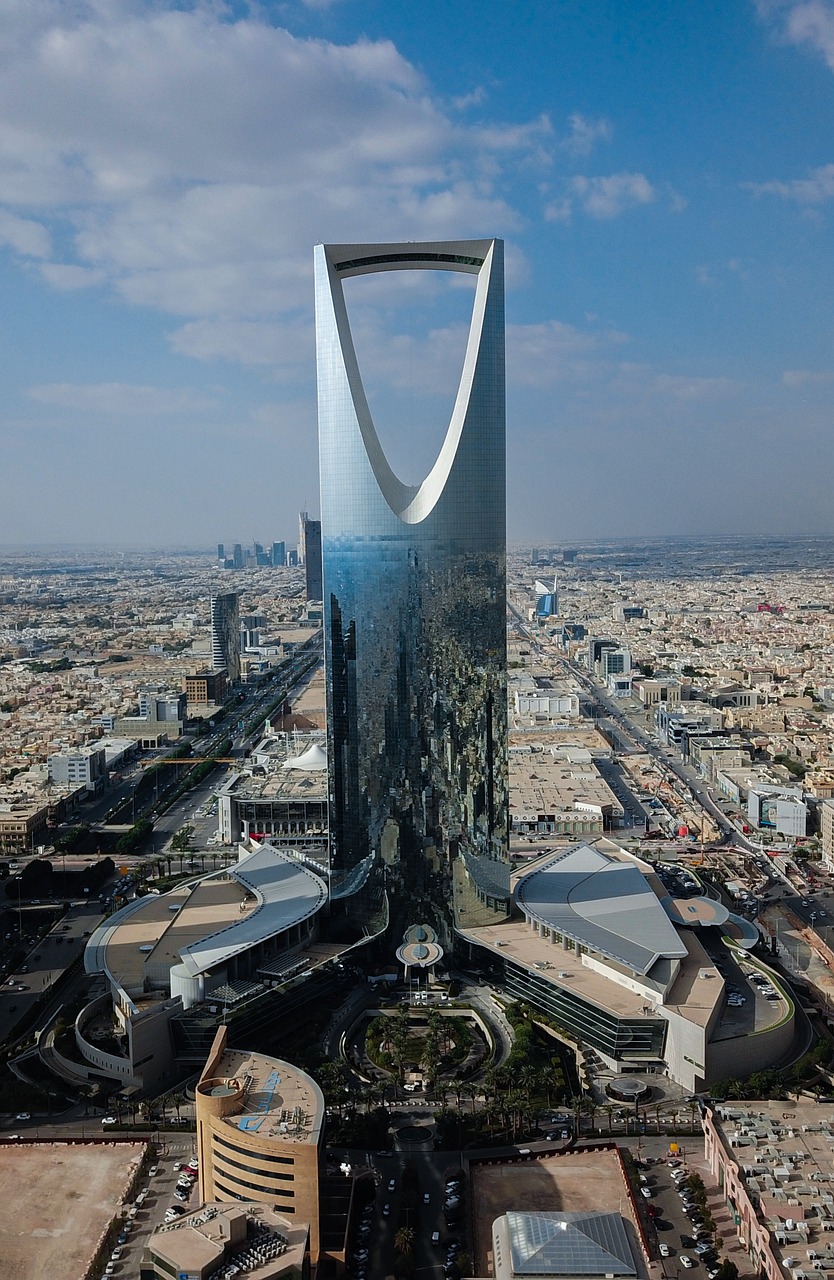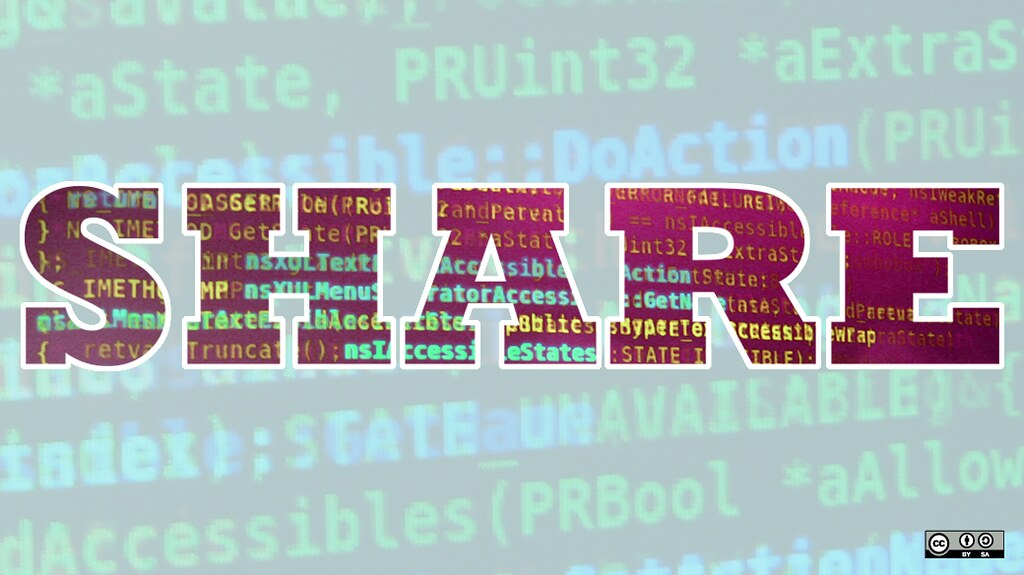Riyadh, Saudi Arabia — In a groundbreaking announcement that has left the world scratching its head, Saudi Arabia revealed today that it is rolling out a series of “progressive reforms” aimed at modernizing the nation and promoting freedom of expression. Chief among these reforms? The historic decision to allow citizens to blink twice in quick succession as a sign of personal autonomy and liberation.
The bold move, which follows years of speculation about potential changes to the country’s legal framework, was unveiled in a press conference attended by a small, heavily vetted crowd of handpicked officials and one very confused tourist.
Blinking for Freedom
“We believe in the power of small, yet symbolic gestures,” said Sheikh Ali al-Mujarrad, the government’s Chief Visionary of Progress. “The ability to blink twice is a revolutionary act. In the past, blinking was a purely involuntary response. Now, it will be an act of sovereignty.”
The reform, which is expected to roll out across all major cities by the end of the month, will allow citizens to express their freedom in public by blinking twice without fear of reprisal. Previously, such actions were deemed “disruptive” and were often met with immediate detention and mandatory lectures on proper eye etiquette.
While blinking once has always been permissible, the act of blinking twice in quick succession is considered a major leap forward. “It’s as if we’re stepping into the future,” said Fatimah al-Dawari, a Riyadh-based poet and self-described “freedom enthusiast.” “Blinking is our birthright, but now we have more options. I could blink twice for a revolution, or maybe just blink twice to show I’m really listening to someone, like, really listening.”
International Reactions: A Mix of Confusion and Jealousy
The world’s response to the news has been nothing short of bewildered admiration. In London, Prime Minister Rishi Sunak called the move “a bold new chapter in freedom,” before quickly adding, “But we still have to check if it’s legal to blink twice under the monarchy. I’ll get back to you.”
Meanwhile, in Washington, D.C., U.S. Ambassador Sarah Goldstein offered a statement: “We’ve been trying to pass a ‘Blinking Rights Act’ for years, but this… this is next-level stuff.”
Experts on human rights were also quick to weigh in. “What’s next? Are they going to allow people to wave to each other? Hug?” asked Dr. Susan Burkhardt, a leading political analyst from the University of Confused Diplomacy. “This whole thing is… surreal. But you know, in a world where people can tweet without consequence, blinking twice suddenly feels very, very… daring.”
The Rest of the Reforms: A Glimpse of the Future
In addition to the blinking policy, Saudi Arabia is introducing several other groundbreaking reforms. The government announced that citizens will now be allowed to:
- Choose their own flavor of tea (previously restricted to only mint or “generic.”)
- Speak in metaphors at family gatherings without facing punishment for “abstract thought.”
- Wear socks with sandals in private — though public sock-sandal combinations will remain illegal.
- Express dissatisfaction with the country’s new social media platform, #Blink4Freedom, which will be launched next week.
Despite the bold nature of these reforms, not everyone is convinced. “What’s next, allowing people to smile at their boss?” asked one Twitter user. “How do they expect us to take these reforms seriously? I’ve been blinking twice for years with no one even noticing.”
Still, many see this as a step in the right direction. In Riyadh, a line of hopeful citizens gathered outside a newly erected statue of a pair of blinking eyes, eagerly awaiting their chance to take part in the freedom revolution.
“Blinking is just the beginning,” said one enthusiastic supporter. “Maybe next, they’ll let us wink. Then we’ll really show them what freedom looks like.”
So, as the Kingdom of Saudi Arabia ushers in this new era, one blink at a time, the world watches — cautiously, but with a touch of awe — wondering just how far this radical new concept of personal freedom will go.









